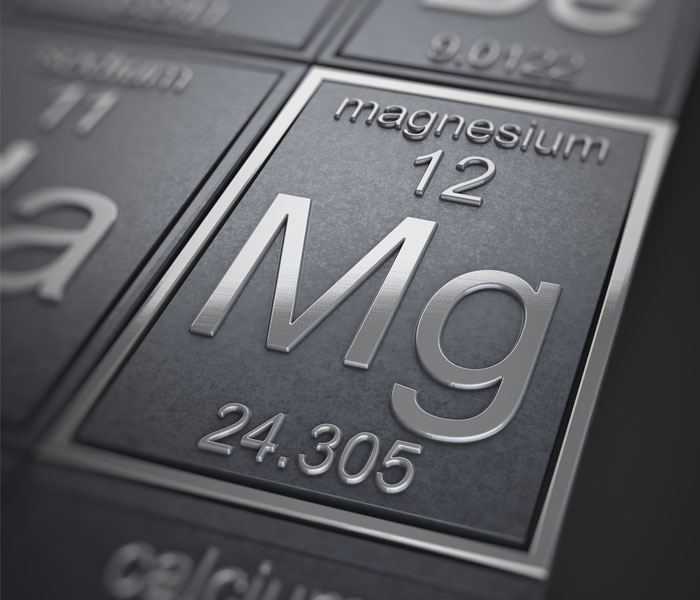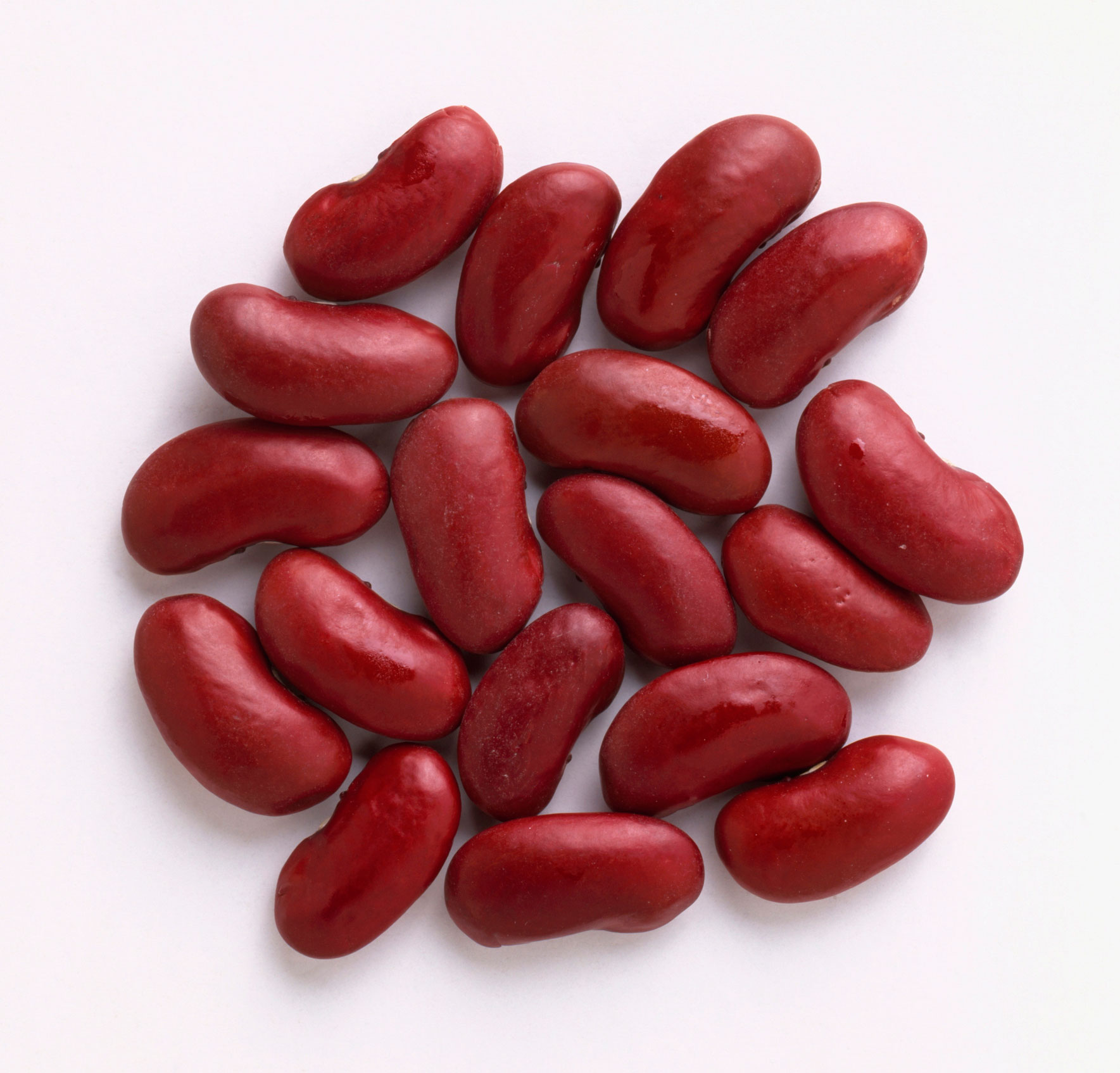Magnesium is needed for the proper growth and maintenance of bones, and it also plays an important part in the way organs (particularly the heart), nerves, muscles and many other parts of the body work.
It also helps to create energy in the body, neutralise stomach acid and moves waste through the intestine, helping to prevent constipation. It’s also good for calming nerves, relieving muscle spasms, regulating levels of potassium, sodium and calcium, as well as preventing migraines.
Low magnesium levels in the body have been linked to high blood pressure, osteoporosis, clogged arteries, heart disease, type 2 diabetes, dizziness, poor memory and stroke.

Did you know?
An estimated 80 per cent of adults have a magnesium deficiency.
Signs of a magnesium deficiency include:
• Trouble sleeping or staying asleep
• Muscle cramps and tension
• Neck and back pain
• Muscle tics and twitches (especially in the eyelids and hands)
• Frequent migraines
• Lethargy and irritability
• Anxiety
• Asthma
• Brittle bones
• Premenstrual tension
• Restless legs
• Craving chocolate (which contains magnesium)
• Constipation
• Numbness and tingling in the limbs

Could you have a magnesium deficiency? You have an increased risk if you:
• Suffer from a lot of stress. Hormones produced by the body when you are stressed, such as adrenaline and cortisol, are associated with decreased levels of magnesium.
• Consume a lot of caffeinated drinks. The kidneys play a part in controlling magnesium levels in the body, and caffeine can cause them to excrete extra magnesium whether your body’s levels are high or low.
• Drink a lot of dark-coloured fizzy drinks. These contain phosphates, which bind with magnesium in the digestive tract, making it unavailable to the body.
• Eat a lot of sugary foods. These affect the way the body processes magnesium, causing levels to drop when it is excreted through the kidneys.
• Take medication for heart conditions, asthma or water retention. These can increase magnesium loss through the kidneys, as can hormone replacement therapy and the Pill.
• Have more than seven alcoholic drinks a week. Alcohol also encourages the kidneys to get rid of magnesium.
• Are over 55. We often need more magnesium as we get older but our bodies can be less efficient in absorbing and retaining it.

Did you know?
You can also boost your magnesium levels by taking regular Epsom salt baths. Epsom salt is a type of magnesium (magnesium sulfate) that can be absorbed into your body through your skin.
Good sources of magnesium
Foods that are a good source of magnesium also tend to be those that are high in fibre, including:
• Legumes (like kidney beans)
• Whole grains
• Vegetables (especially broccoli, butternut pumpkin and green leafy vegetables)
• Seeds and nuts (especially almonds and cashews)
• Dark chocolate
Magnesium is often used to treat:
• Attention deficit hyperactivity disorder (ADHD)
• Chronic fatigue syndrome
• Migraines
• Restless leg syndrome
• Foot pain
• Kidney stones
• Fibromyalgia
• Urinary incontinence
• Constipation
• Indigestion
If you have a magnesium deficiency, you may want to look at supplements as well as trying to up your intake of foods rich in the mineral. But make sure you don’t exceed recommended doses, especially if you are also increasing magnesium-rich foods in your diet.
If you take large amounts of magnesium, it can build up in the body, causing side effects such as low blood pressure, irregular heartbeat, confusion and slowed heart rate. In extreme cases, it can even be fatal. To be safe, have a blood test to check your levels and take advice from your doctor.




